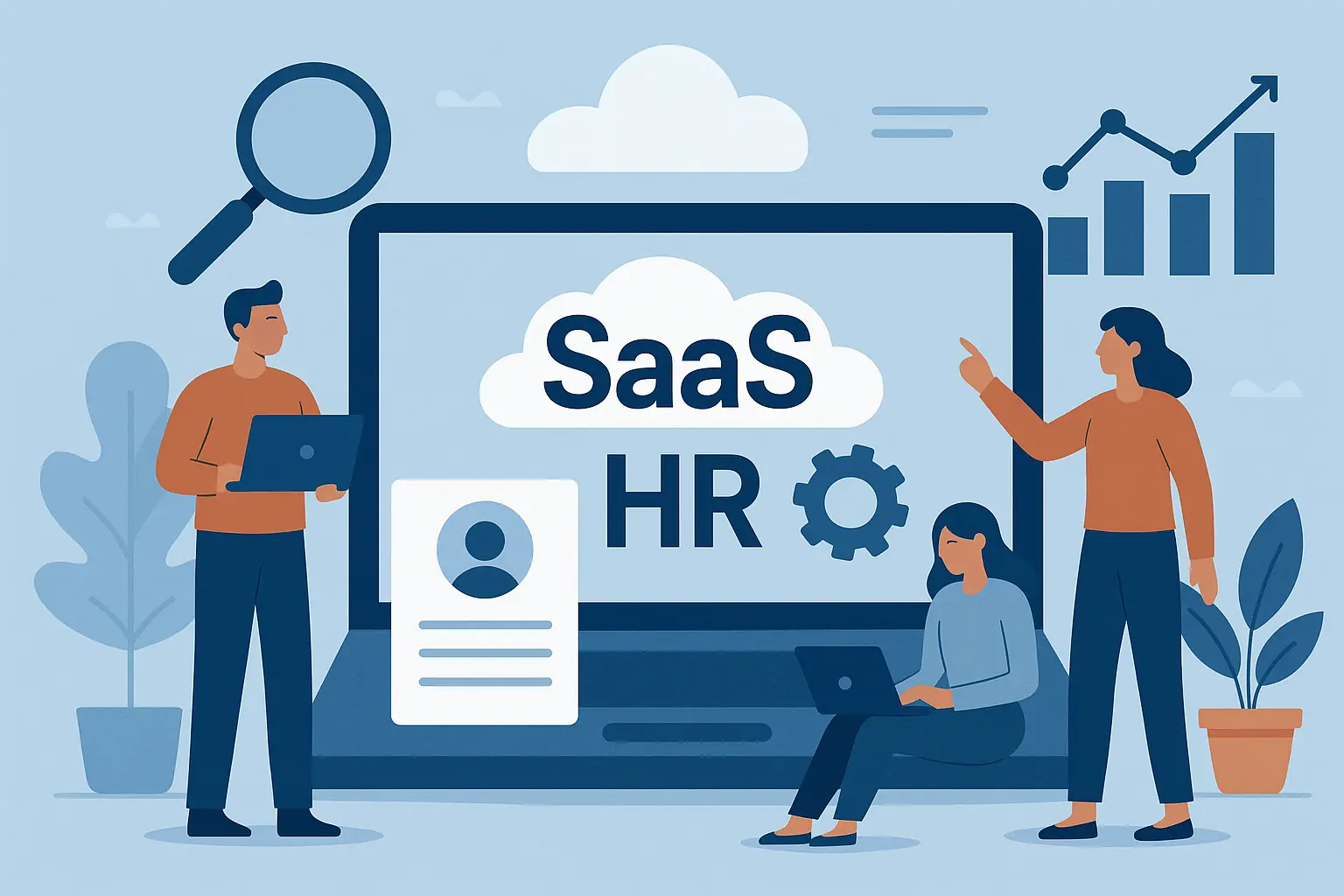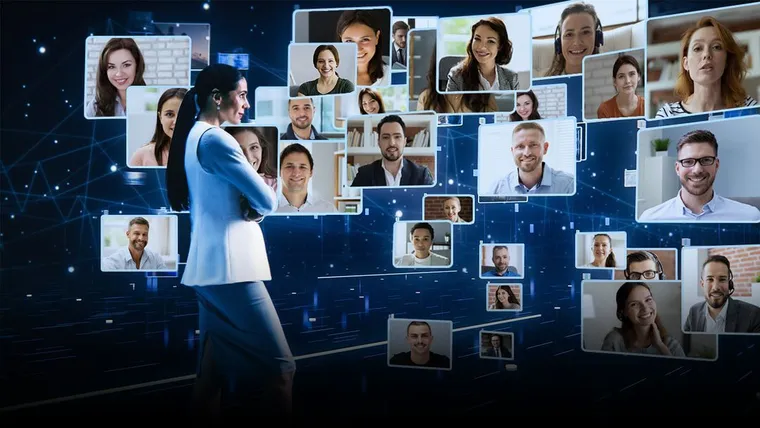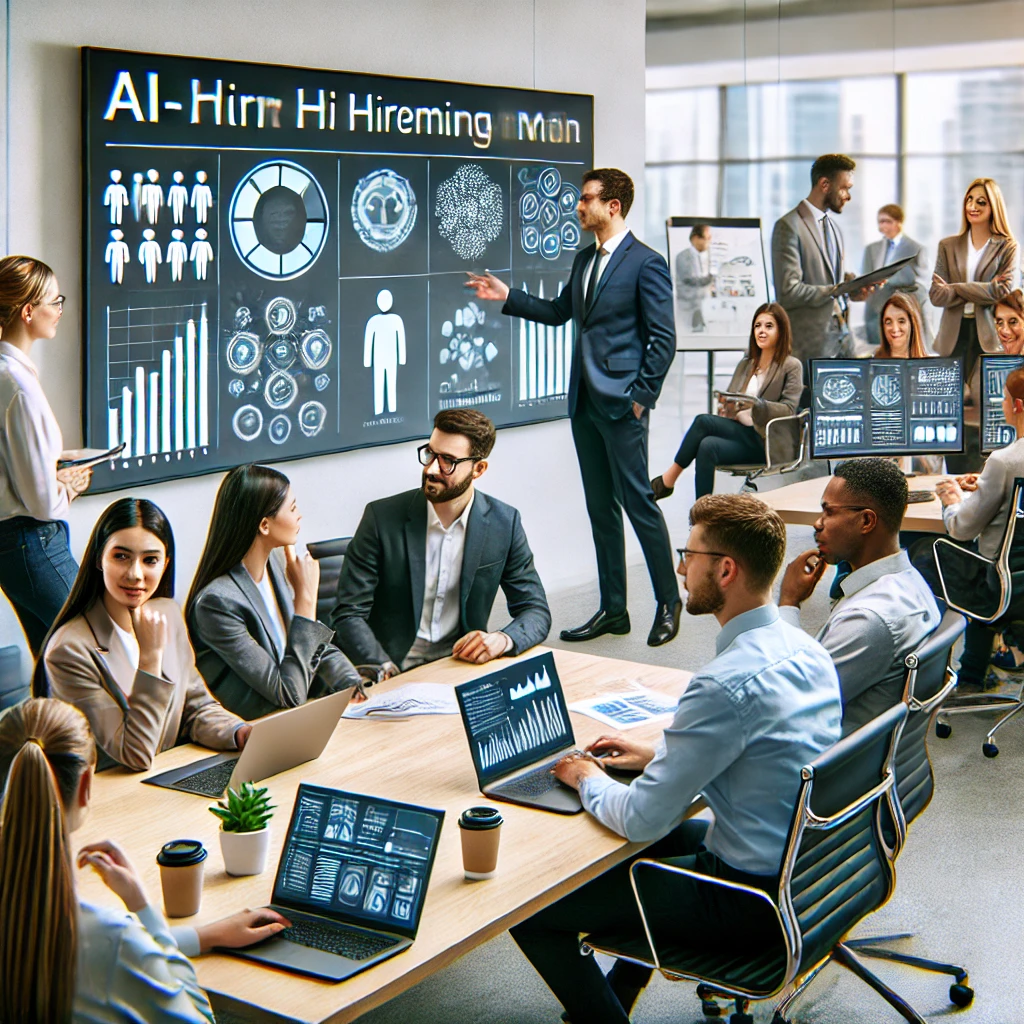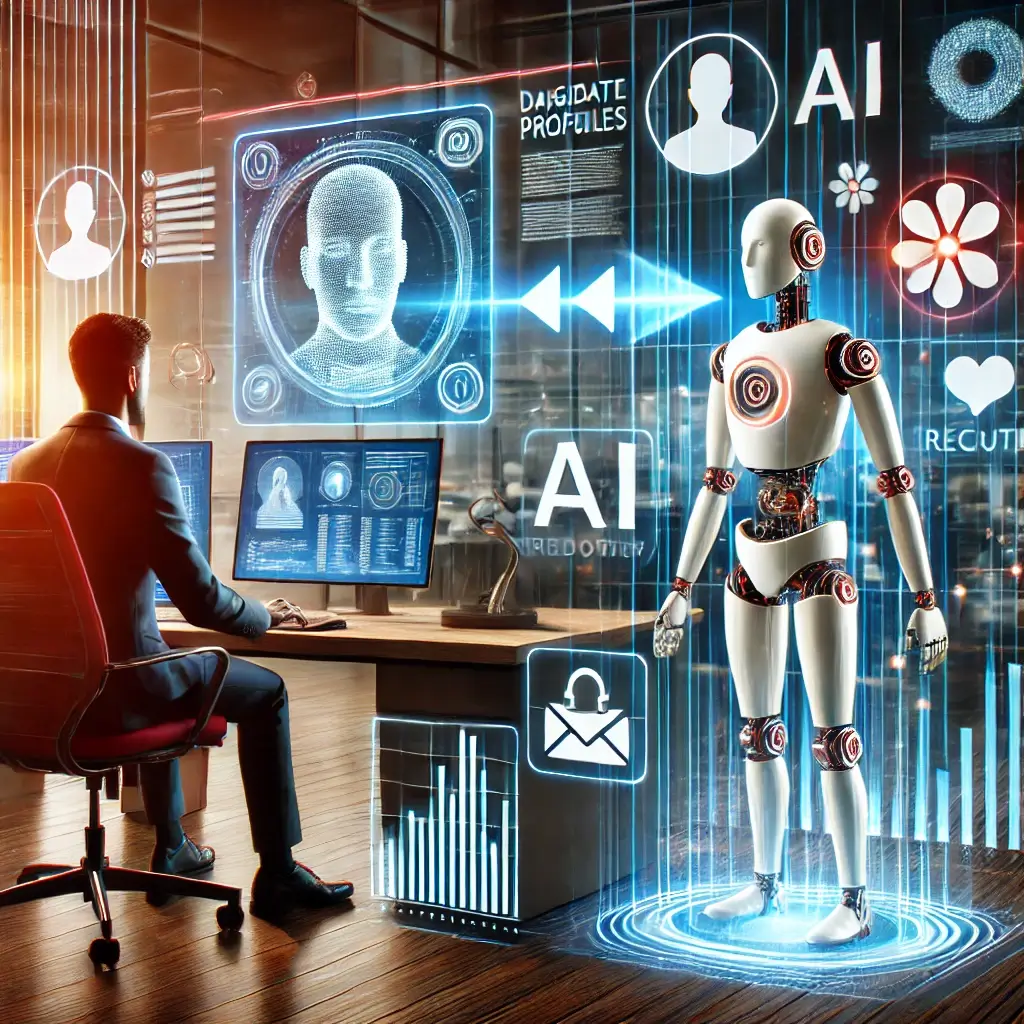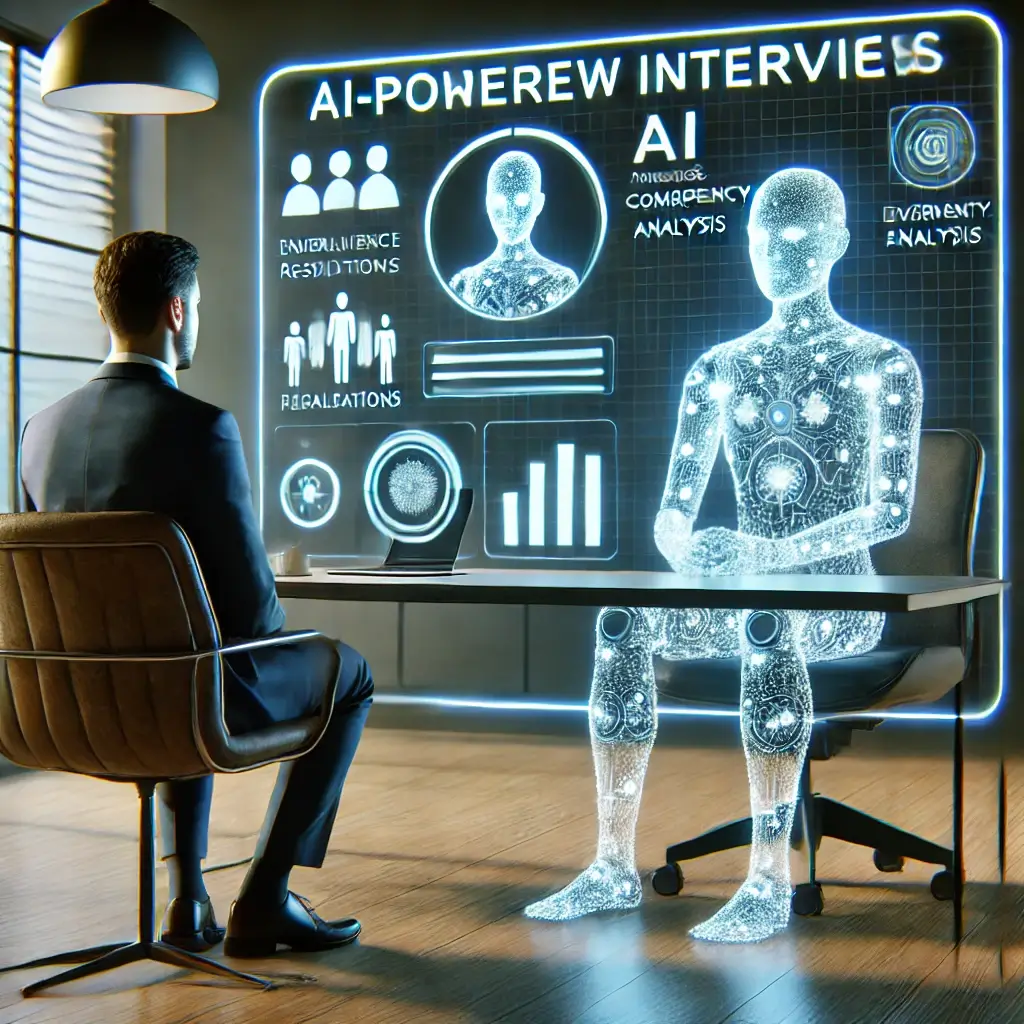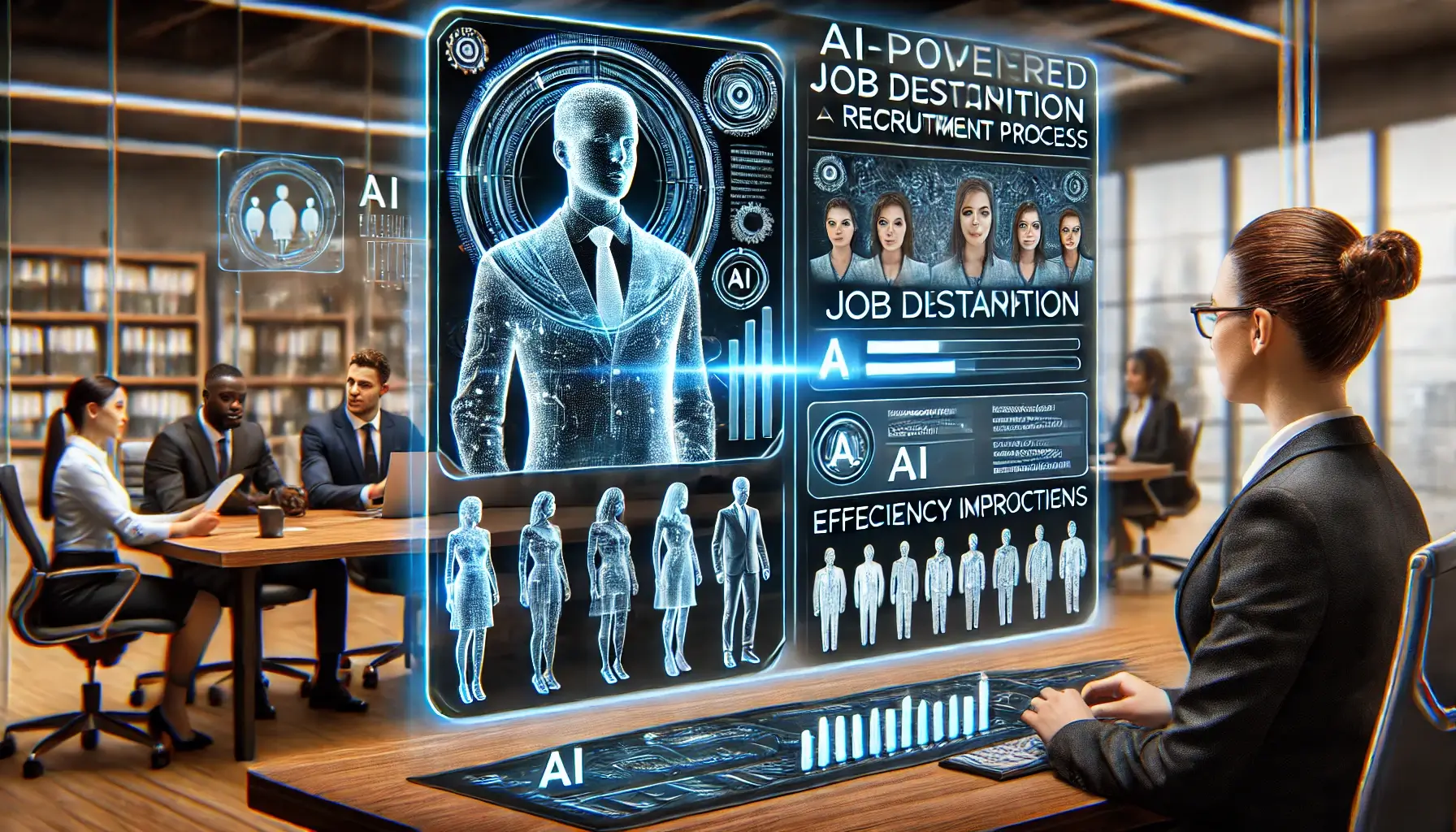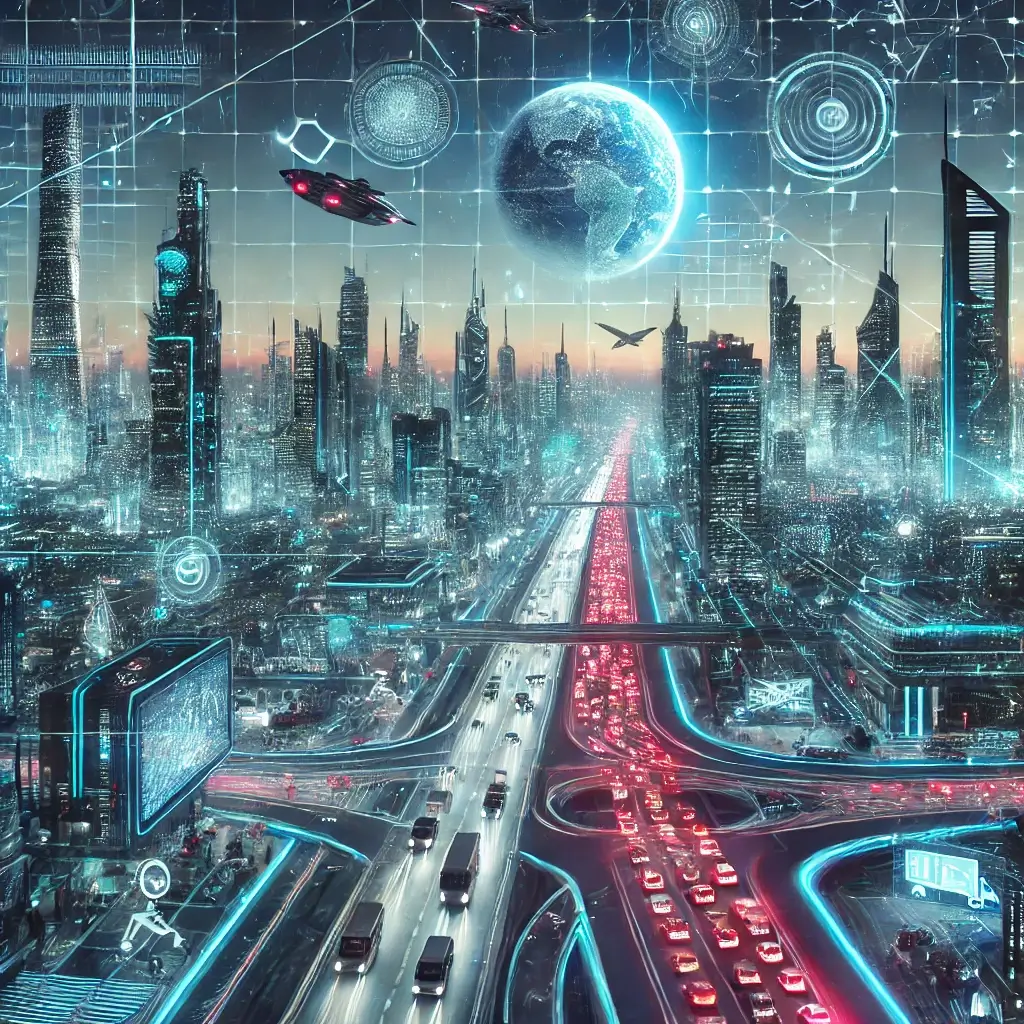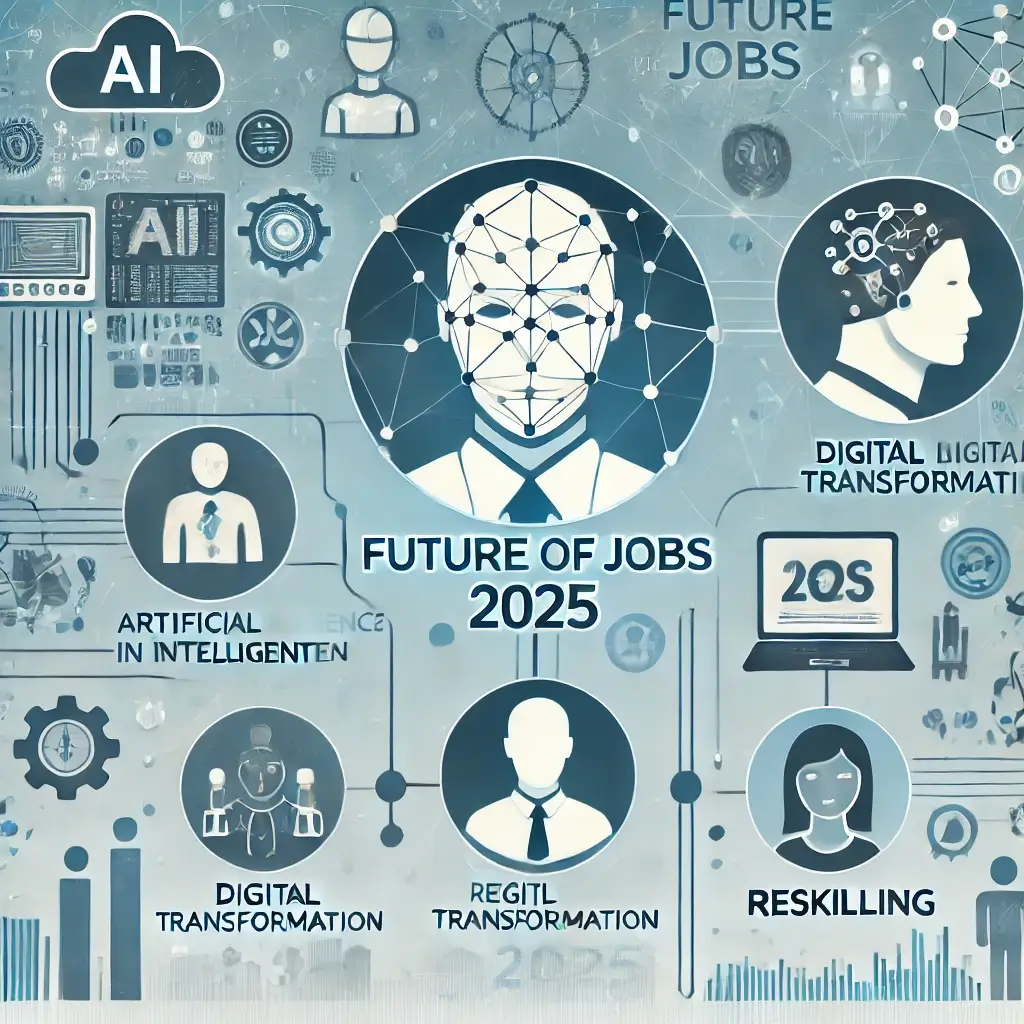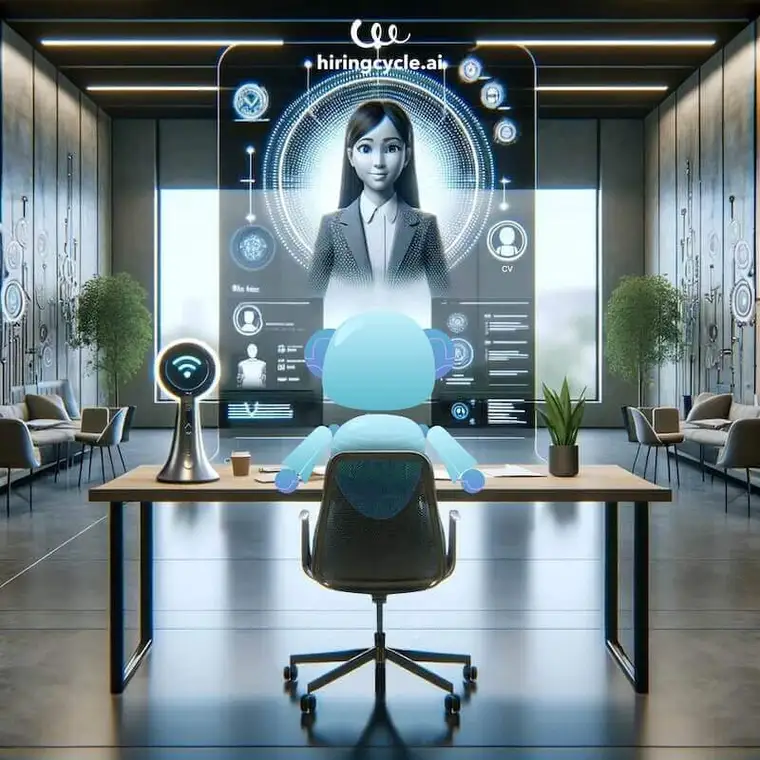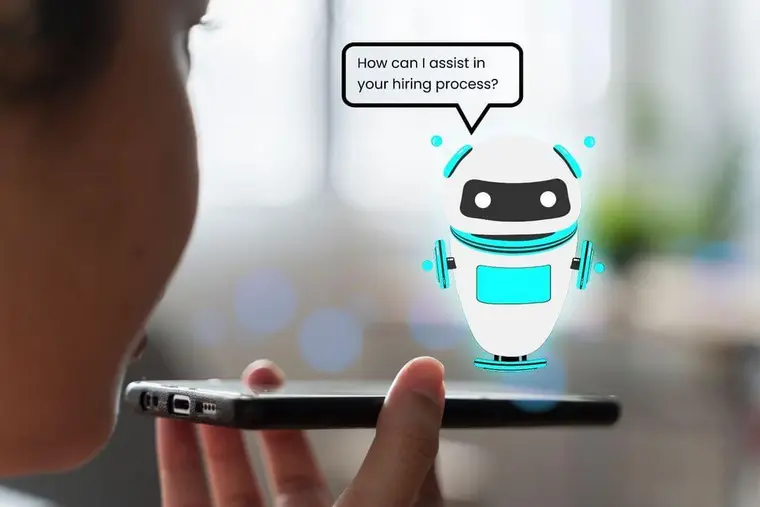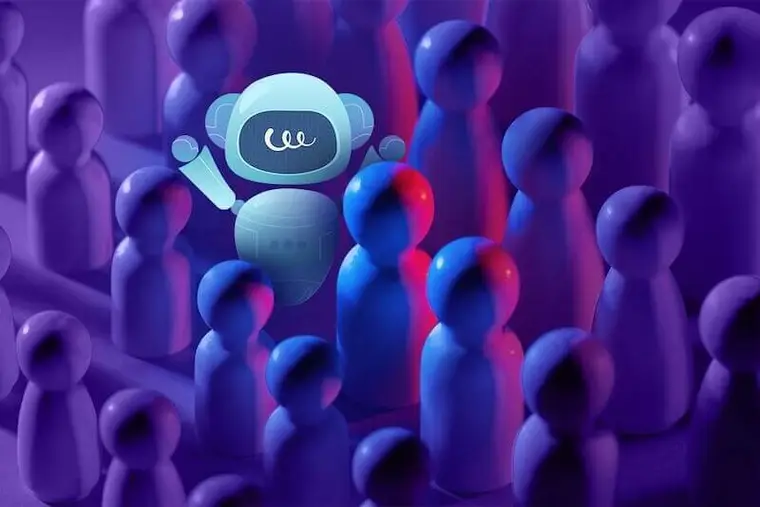Why Gen Z Prefers Video Interviews
Exploring Gen Z's shift from face-to-face to video interviews.
hiringcycle.ai17.04.2025

Why Does Generation Z Prefer Video Interviews Over Face-to-Face Ones?
Generation Z (those born between 1997 and 2012), as the first generation to grow up in a digital world, stands out as they enter the workforce. For them, technology is not just a tool; it is at the center of communication, learning, and working. As a result, traditional face-to-face interviews can often be perceived as outdated, restrictive, and inefficient. But why is that? Is Generation Z's preference for video interviews only about digital convenience, or are there deeper dynamics at play behind this choice?
1. Being Digital Natives: A World Immersed in Technology
1.1. Growing Up in Front of the Camera
Generation Z has grown up surrounded by digital platforms in every aspect of their daily lives. Thanks to video-centered platforms like TikTok, Instagram Reels, and YouTube, visual storytelling has become a natural language of communication for this generation. This makes video interviews feel less like a foreign setting and more like a familiar space for expression.
1.2. Familiarity with Digital Interfaces
For Generation Z, participating in an interview means being in familiar interfaces like Zoom, Teams, or WhatsApp, rather than an unfamiliar office. This familiarity reduces cognitive load, decreases anxiety, and allows them to focus on content. According to Gartner's 2023 report, 89% of Generation Z feel they can express themselves more freely during digital interviews.

2. Flexibility and Accessibility: Practical Advantages of Video Interviews
2.1. Independence from Time and Place
For a Generation Z student or recent graduate, a typical interview day is packed with classes, part-time jobs, and internships. Video interviews allow them to make time for a job opportunity "between classes." This kind of freedom is highly appealing to Generation Z. According to Indeed's 2022 research, 78% of Generation Z are more inclined to apply to companies that allow flexible scheduling.
2.2. Reduced Logistical Burden
Face-to-face interviews come with challenges like transportation, proper attire, traffic, and waiting times, all of which cost time and money. For a candidate, this could mean spending hours and significant expense for just a 30-minute interview. According to data published by Deloitte, the average cost of a face-to-face interview per candidate is calculated at 165 USD. Video interviews eliminate these costs.
2.3. Financial Equality
Generation Z enters their careers under financial pressures such as student loans and living expenses. Video interviews create equal opportunities, especially for candidates from rural or economically disadvantaged areas. Being able to attend interviews without needing to travel or relocate significantly influences their preferences. According to LinkedIn data, 87% of Generation Z view cost savings as the biggest advantage of video interviews.
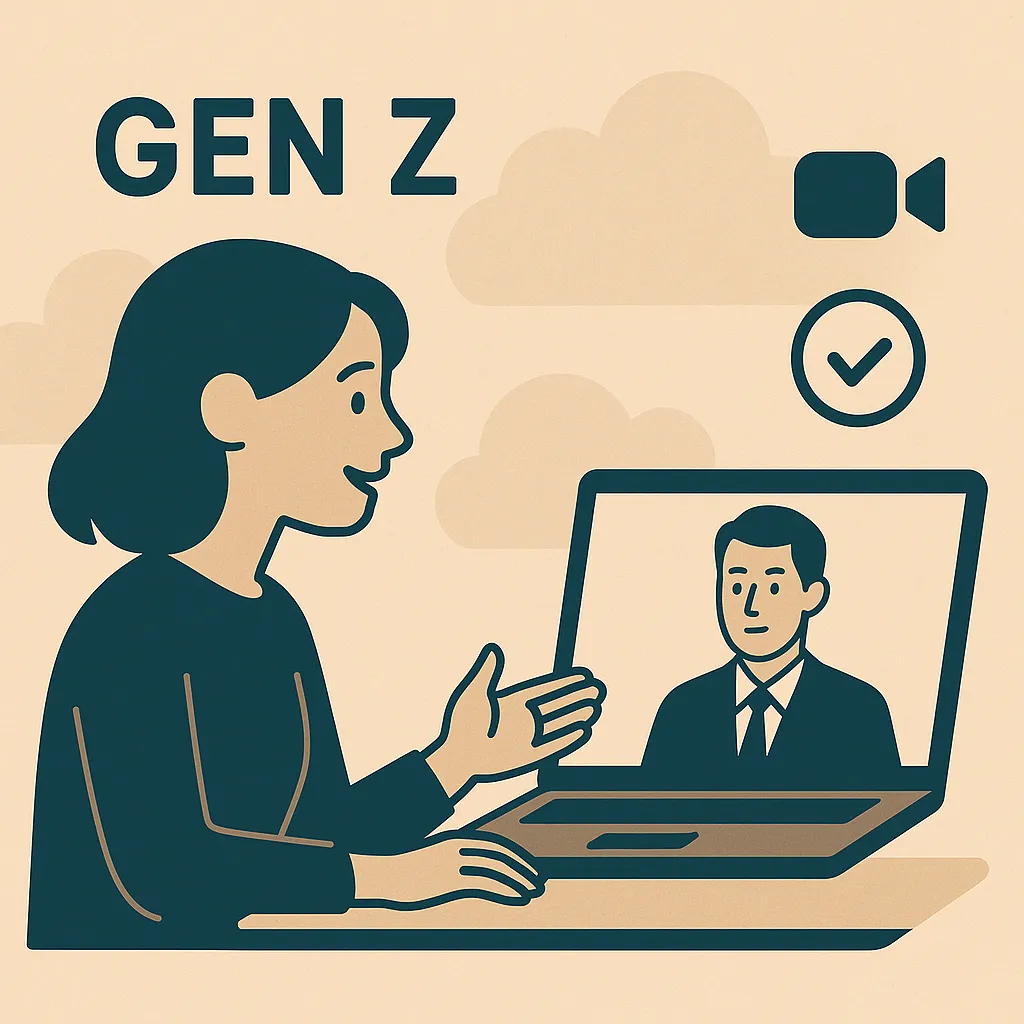
3. Psychological Comfort and Authenticity
3.1. Reduced Stress Levels
Corporate buildings, unfamiliar waiting areas, formal atmospheres... These are all elements that can create anxiety for Generation Z candidates. In contrast, attending an interview from the comfort of their own home through a familiar digital interface significantly lowers stress levels. According to The Muse's 2022 research, 63% of Generation Z candidates report that video interviews are less stressful.
3.2. Presenting the "Real Self"
While candidates may act out of performance anxiety in face-to-face interviews, they can present themselves more genuinely and naturally during video interviews. This creates a more meaningful first interaction for both the candidate and the employer. According to 2023 data from Harvard Business Review, employers find that candidates communicate 42% more authentically in video interviews.
4. A Changing Work Model: The Rise of Hybrid and Remote Work
4.1. Being Perceived as Outdated by Employers
As individuals born into the digital world, Generation Z prefers working with companies that embrace remote or hybrid work models. Therefore, a company that only offers in-office interviews may already be perceived as rigid, traditional, and inflexible from the very first step. According to PwC's 2022 report, 70% of Generation Z do not consider long-term employment at companies that do not offer hybrid work options.
4.2. Alignment Between Corporate Image and Interview Format
Interestingly, if a company offers remote work but insists on conducting interviews face-to-face, Generation Z sees this as an inconsistency. A company that does not offer video interviews may be viewed as outdated or not adapted to current technology. According to SHRM data, 68% of Generation Z describe companies that don't offer video interviews as out of touch with the times.
4.3. Fast and Efficient Evaluation
Video interviews are not only beneficial for candidates but also allow HR teams to make faster decisions, record sessions, and conduct objective analysis. AI-supported platforms like hiringcycle.ai make this process even more effective, helping companies save time and resources. According to Glassdoor data, companies that use video interview systems reduce their hiring time by an average of 6.8 days.
Conclusion: A New Norm is Emerging in Front of the Screen
For Generation Z, video interviews are not an alternative—they are the new norm. Their mastery of technology, demand for flexibility, desire for authenticity, and focus on time efficiency all underlie this preference.
The message to employers is clear: reaching this generation means speaking their language, through their preferred channels. Video interviews are the key to this communication.
Next-generation platforms like hiringcycle.ai not only meet this need but also help companies take a strong step forward in their digital transformation journey.
Try hiringcycle.ai's AI-powered video interview platform today to offer your candidates a fast, fair, and flexible interview experience.
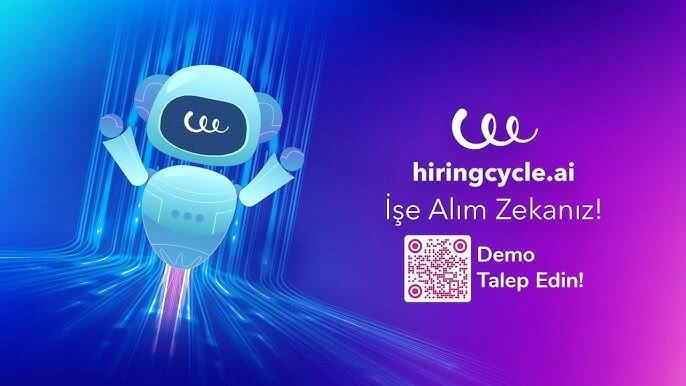
Blog



